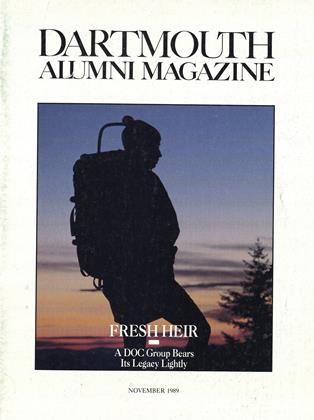Samuel Elliot Morrison, Admiral of the Ocean Sea (Northeastern University Press, 1983). An exciting, superbly written biographical study of Columbus and his time.
Irving A. Leonard, The Books of the Brave (Harvard University Press, 1949). Leonard traces the influence that literary works, especially chivalry novels, had on the dreams of the discoverers and on their perceptions of the New World.
• J.H. Elliott, Spain and Its World (Yale University Press, 1989). Elliott provides a fascinating account of the historical intricacies, cultural developments, and political strategies of the "empire where the sun never set." Also by the same author: The Old Worldand the New (Cambridge University Press, 1969). A superb, concise study of the cultural, scientific, and socioeconomic effects of the discovery of America on both the New World and the Old.
• John Hemming, The Conquest of the Incas (Harcourt Brace Jovanovich 1970). An excellent study of Pizarro's adventures and of the bloody events that culminated in the defeat of the lncas and the creation of the kingdom of Peru.
• Miguel Leon Portilla, The BrokenSpears (Beacon Press, 1962). In this collection of Aztec accounts of the Spanish Conquest, Portilla presents a look at what has been called "the other side of the Conquest."
• Alvar Nunez Cabeza de Vaca, TheJourney of Alvar Nunez Cabeza de Vaca (Allerton Book Company, 1973). An extraordinary autobiographical ac-count of Alvar Nunez's ten-year odyssey as he traveled on foot from Florida, where he had been shipwrecked, to New Spain.
• Bernal Diaz, The Conquest of NewSpain (Penguin Classics, 1981). Perhaps the most unforgettable of all accounts of the Conquest of the New World, Diaz's history combines history, autobiography, and fantasy in a narrative that brings alive the realities of the Conquest and the world of the conquistadors.
 View Full Issue
View Full Issue
More From This Issue
-
 Cover Story
Cover StoryFresh Heirs
November 1989 By Heather Killerew '89 -
 Feature
FeatureMaking the Normal Less Normal
November 1989 By Warner R. Traynham '57 -
 Feature
FeatureA Foreign Correspondent's Essential Skill: Packing
November 1989 By Christopher S. Wren '57 -
 Feature
FeatureThe Day I Got Chewed Out By Red Blaik
November 1989 By Rodger S. Harrison '39 -
 Feature
FeatureSILENT TOWER
November 1989 -
 Cover Story
Cover StoryA Woodsy Time Line
November 1989
Article
-
 Article
Articlefor the Public educational institutions, a special kind of service
April 1960 -
 Article
ArticleAdapting to the Heights
April 1980 -
 Article
ArticleCircling Around Difference
SEPTEMBER 1999 -
 Article
ArticlePolitical Oktoberfest
Jan/Feb 2012 -
 Article
ArticleTHE FACULTY
April 1962 By GEORGE O'CONNELL -
 Article
ArticleTHE STATUS OF COLLEGE FRATERNITIES
February, 1914 By Homer Eaton Keyes

